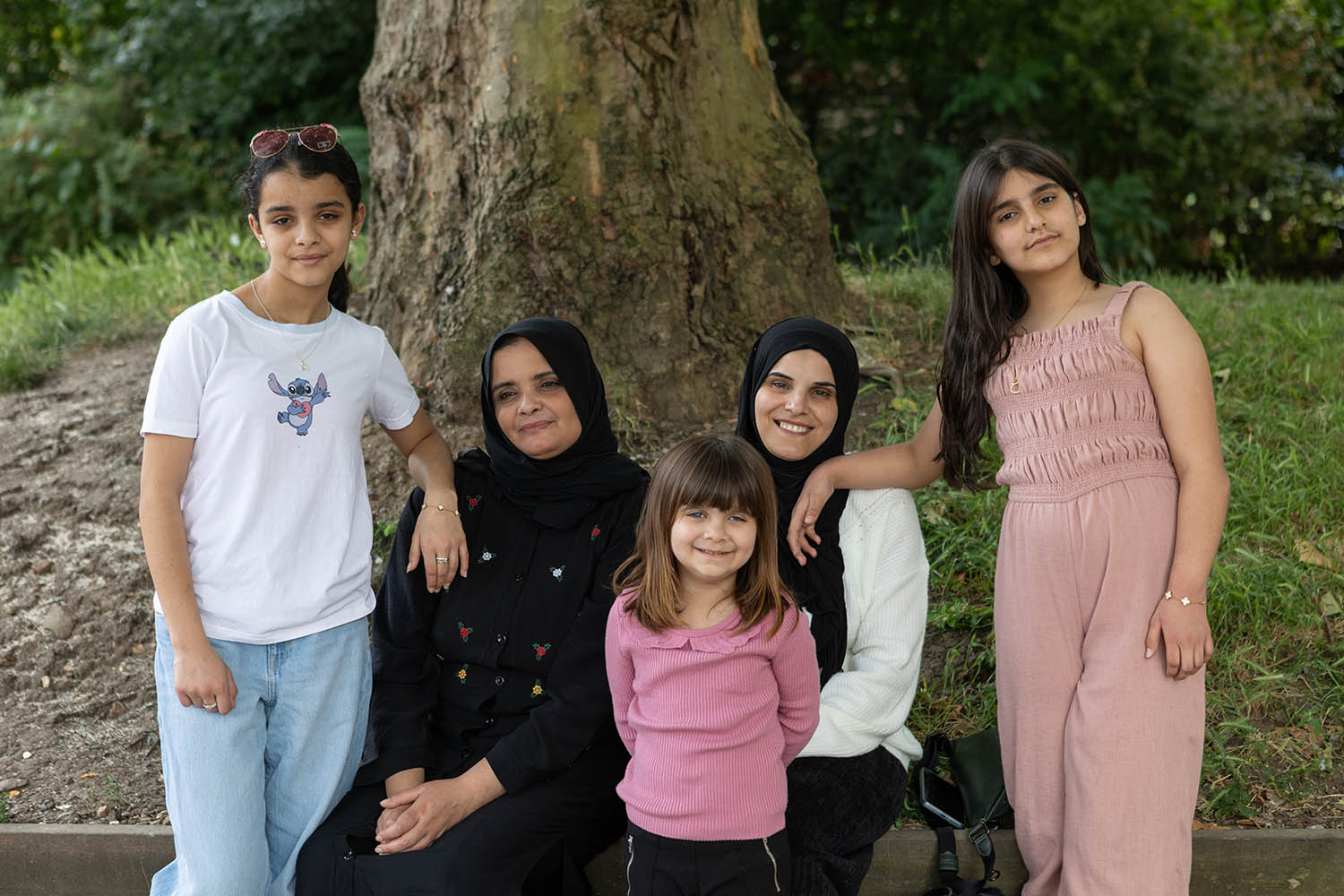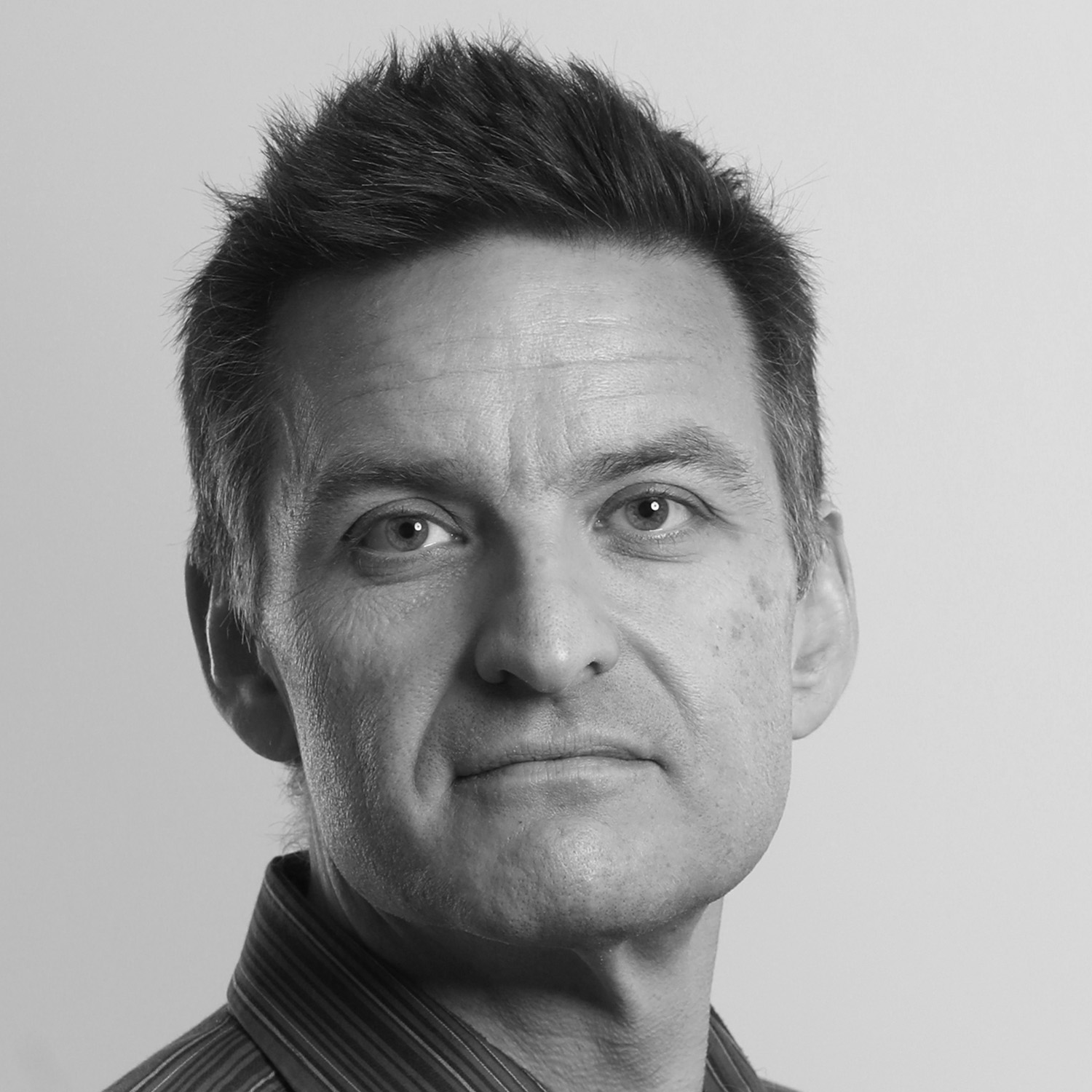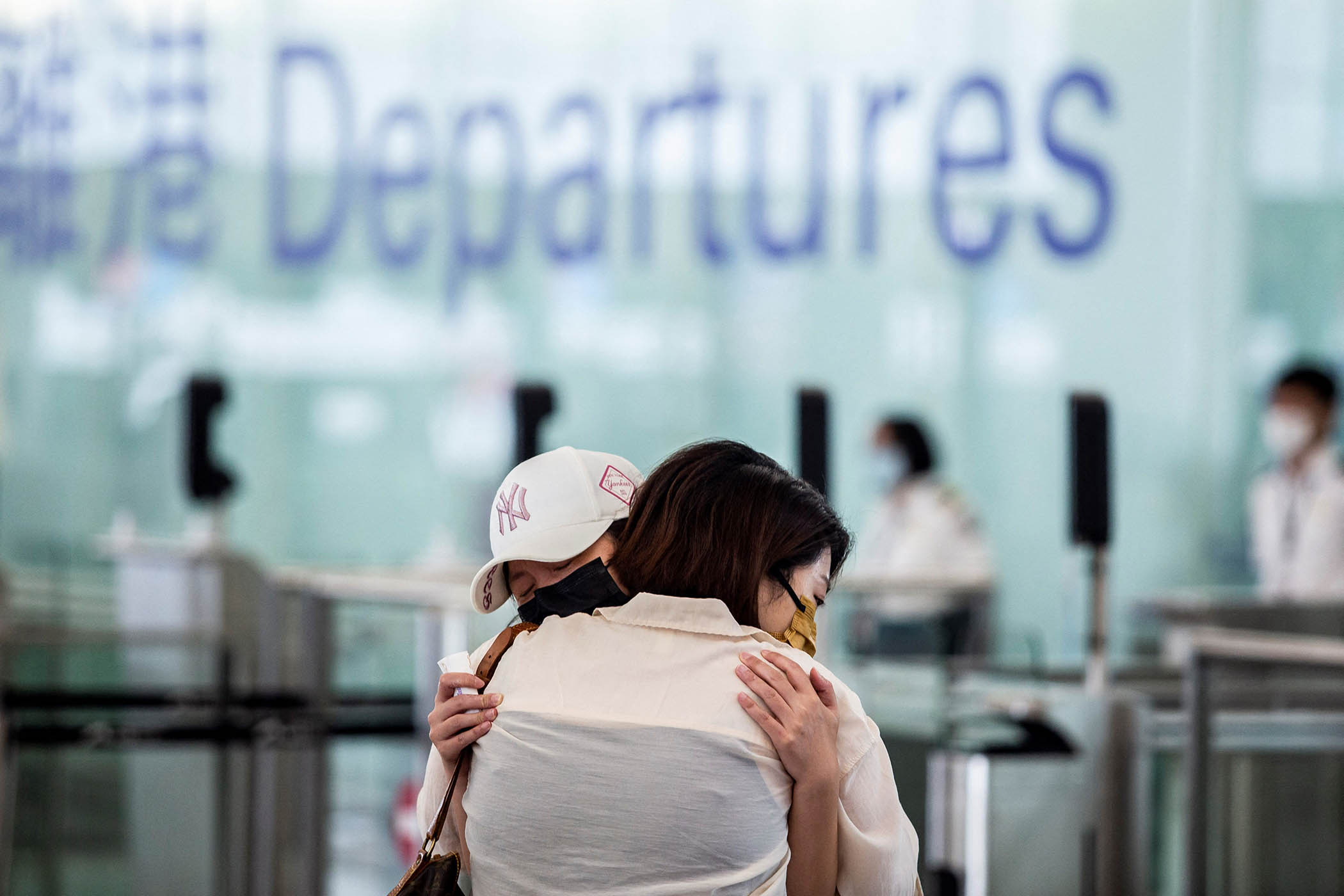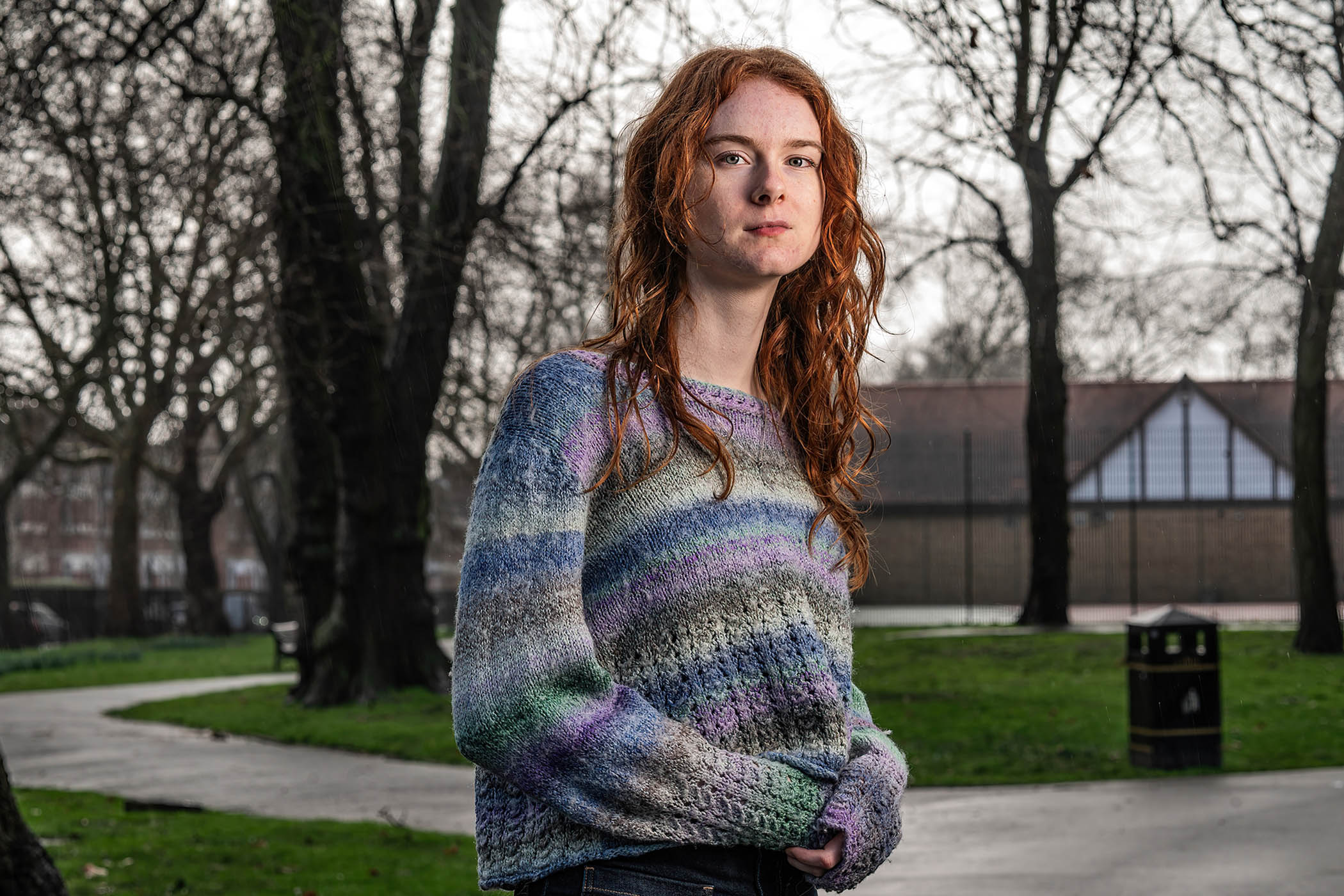Rana Qudieh and Haneen Abed have been baking: feteer meshaltet, layers of filo pastry in a flaky, squidgy pancake, slathered with honey. The two women have known each other for barely two months but they are united by their desire to offer proper Palestinian hospitality within their temporary home in north London.
Guests first, then children. Three girls tuck into slices of feteer – Qudieh’s daughter Rama, a 13-year-old with a lifelong bowel condition, Abed’s five-year-old, Ghena, who has a congenital condition in her left eye, and her 12-year-old sister, Hala.
The families arrived in London at the end of April, the first – and, so far, only – children from Gaza to be given visas for medical treatment in the UK since war began in October 2023. Ghena has had a successful operation at Great Ormond Street hospital to relieve the fluid pressing on her optic nerve, although she will need regular medical treatment for the rest of her life. Rama has a gastrointestinal problem in her colon, but doctors are still investigating: after arriving in the UK, she was put under general anaesthetic so surgeons could take a biopsy.
Cases such as these are impossible to treat in Gaza, where many of the hospitals have been destroyed and a lack of supplies means treatment is limited to the most urgent cases. Project Pure Hope, a humanitarian initiative led by Dr Farzana Rahman and Omar Din, has raised £1.5m to cover the cost of the children’s evacuation from Gaza, their accommodation and private treatment.
It has “given Rama a new life,” her mother says in Arabic, her words relayed by an interpreter, “because her life in Gaza was completely non-existent. I didn’t expect her to get treatment, or for her to live a long life.”
Project Pure Hope has funding to help many more children, Din says. They have been given approval for one more to come to the UK in the coming weeks, but no others. “We’re asking the government to help us bring more children over, ideally a cohort, rather than us having to seek permission for each individual child.”
Since the outbreak of war between Israel and Hamas ignited by the attacks on 7 October 2023, more than 7,000 patients have been evacuated from Gaza, of which 5,000 are children, according to figures from the Gaza Health Ministry. Most have gone to Egypt, the UAE or Qatar. Some EU countries including Spain, Italy, Ireland, Norway and Romania have taken in 197 children, and are expected to take more. The UK has taken two: Rama and Ghena.
Victoria Rose, a consultant plastic surgeon from London who has spent months working in the territory, says she is mystified by the British government’s failure to help more Gazan children. “There’s just so many children now – the rates at which they’re injuring them, we cannot keep up with.”
Related articles:
Some relatively simple procedures, such as correcting a cleft lip or palate, must be done when children are between 6 and 12 months-old. “Getting a child over and doing a lip repair is not a long in-patient stay, it’s elective surgery. We've got some of the best cleft lip and palate surgeons in the world, in the UK.
“We just need to help out, in the way that Europe has helped. We’ve not really taken our fair share. We had applied for other children to come to the UK but the government was moving too slowly, so Italy stepped in,” she says.
Newsletters
Choose the newsletters you want to receive
View more
For information about how The Observer protects your data, read our Privacy Policy
“Project Pure Hope have raised the money to do this and there are other big charities that would take the burden away from the UK taxpayer,” she adds. “They say taxpayers don’t want to bear the burden for this, but they’re happy to bear the burden for the F-35 parts.”
Human rights groups have challenged the government’s policy of continuing to supply military aircraft parts to the F-35 fighter jet programme, which can potentially be used by Israel.
‘There’s so many children. The rate at which they’re injuring them – we cannot keep up’
‘There’s so many children. The rate at which they’re injuring them – we cannot keep up’
Victoria Rose, consultant plastic surgeon
In their London apartment, Qudieh gets a phone call from Gaza. It is her daughter-in-law, Namir. It’s the first time she’s heard from her in 12 days – internet connections are patchy. Afterwards, she shows me a picture on her phone of her new baby granddaughter Tia, just 20 days old. How are they?
“She is a new mother but there is nothing for her to eat,” Qudieh says. Namir is breastfeeding and has no access to formula milk. “There is no food at all, not even canned food. There is no flour. There is no sugar [for] tea.” When Qudieh puts food on her plate, “my heart cries” she says. “Every time we eat, I remember them.”
Before 7 October, Qudieh and Abed’s families lived on opposite sides of the Khan Younis region. Qudieh’s family lived in Khuza’a, less than a mile from the security fence dividing Gaza from Israel. On the other side of the fence is Nir Oz, the kibbutz which suffered the worst effects of the Hamas attacks.
Two days afterwards, Qudieh, her husband, and their four children, including Rama, fled the town. They found refuge with her sister near the Al Nassr hospital in Khan Younis city, and stayed there for three months until December.
At this point, the war reached Abed’s family. They lived in an apartment in Hamad city, in the north of Khan Younis. Abed recalls how Ghena’s eye problems meant they needed to make regular trips to an ophthalmic hospital in Gaza City, 16 miles away. But that stopped when the war began. “The hospital was destroyed completely.”
As the Israel Defense Forces pushed south towards them, both families followed instructions to evacuate. Qudieh’s family went to al-Mawasi by the coast, Abed’s to Rafah, where one of the largest refugee camps had been set up.
Eighteen members of Abed’s family crammed themselves into their tent, the size of a small room, cheek by jowl with all the other makeshift shelters. Rain and sand and earth got everywhere. By this stage, Ghena’s eye had been untreated for months and without eyedrops, it was getting worse, exacerbated by insects, sand and dirt.
The little girl, just four years old, was in constant pain. Her grandmother, Abed’s mother, Wedad Ahmed Mustafa, also needed treatment: for diabetes, asthma and high blood pressure. At night it was freezing cold, but during the day the heat inside the tent became intolerable. She deteriorated rapidly.
“After 15 days in the tent, she died,” Abed says. “May God bless her soul. She is better now, not suffering.”
Meanwhile, Qudieh’s family found shelter inside al-Khair hospital, a maternity and out-patient facility near Rafah. Rama, who was 12, needed an operation on her colon. Operations are never risk-free but for Rama, the risk meant a possible haemorrhage without a blood bank to rely on. A doctor working in Gaza’s European hospital at this time told Al Jazeera of having to reuse scalpels until they became too blunt to cut properly and the chances of infection increased.
But what Rama’s mother remembers most is the absence of anaesthetic. She has no words to describe it, apart from to say: “You would hear her screams in the whole hospital.”
Qudieh and Rama were evacuated to Egypt in March; Abed, Ghena and her older sister Tala, came shortly after. A year ago, Project Pure Hope and the charity Save a Child wrote to the then foreign secretary David Cameron and the then home secretary James Cleverly asking them to allow 11 children to come to the UK for treatment they could not receive in Gaza. No permissions were granted and the children were instead taken in by Italy. In December, 50 MPs signed a joint letter to Keir Starmer urging him to act on evacuating children for medical treatment.
Life in London has been spent mostly at hospital, but the children have had something closer to a normal life. They have learnt to swim, been to a classical music concert and taken trips around London, thrilled by the green parks. Rama is “living like a normal child”, her mother says. Ghena and Hala feel safe.
‘If you see all these children suffering and looked away, how can you be human? Where is the mercy?’
‘If you see all these children suffering and looked away, how can you be human? Where is the mercy?’
Haneen Abed, mother of five-year-old Ghena
Project Pure Hope is making plans to support them to return to Egypt when their medical treatment is finished – visas for medical purposes last for a year. Rama needs further surgery.
But the children do not want to go back to Gaza, Abed says. “Two days ago, Ghena and I were getting ready for bed. I like to talk with her before she sleeps. Suddenly, she started crying and said to me, ‘I’m really scared for [the rest of their family], because they’re in the war, there’s bombing, and they don’t have food.’ Even though Ghena is still little, she understands everything.”
Qudieh and Abed hope that they are not the last ones to come. “If you see all these children suffering right now and you looked away, how can you be human?” Abed says. “Where is the mercy?”
“All we ask is for our children to be treated,” Qudieh says. “And for the government to agree to bring children to be treated in a place like this. It gets exhausting when you see a sick child and you cannot do anything for her. Your hands are tied. All you can do is cry. And she dies, little by little.”
A Foreign Office spokesperson said: “The UK is committed to alleviating Palestinian suffering and helping build stability in the Middle East. UK support has provided essential healthcare to over 430,000 people in the Occupied Palestinian Territories, as well as privately funded medical care in the UK for several children with complex paediatric conditions.”



